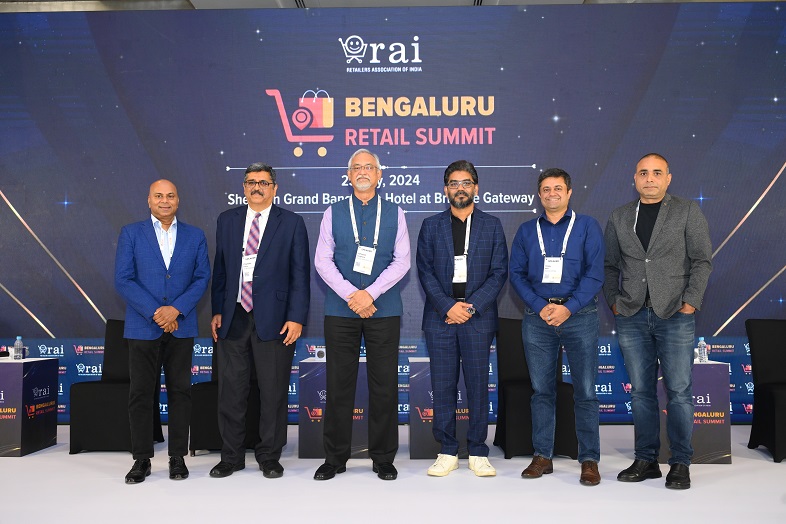In the last 30 years, India has transitioned from being a food-deficit nation to a self-sufficient food-producing country. However, food safety continues to be a major concern in India. Over the years, the composition of the food plate in India has undergone significant changes. In this dynamic food and agricultural ecosystem, the importance of food safety and the need to protect consumer health cannot be overstated. As we celebrate World Food Safety Day, it is crucial to emphasize promoting food safety awareness and education through collaborations with industry stakeholders. Given the numerous instances of food safety lapses in restaurants and eateries across India, the industry must adhere to best practices in food production, handling, storage, and distribution.

Marut Drones, an agriculture drone manufacturing company which is promoting the use of drone for spraying fertilisers for farm produces, believes that the industry is overlooking thequality in raw food grains, fruits, and vegetable produce in the overall hierarchy of produce.CEO and Co-Founder Prem Kumar Vislawath said, “Pesticide residues in fruits and vegetables can significantly increase the risk of cancer for consumers. By using drones for regulated spraying, we can ensure lower concentrations of phytotoxins, which are commonly found in the pesticides used on farms. The use of drones ensures that no pesticide residues of chlorantraniliprole 18.5 SC and trifloxystrobin 50 (75 WG) are detected in soil and crops such as soybeans, red gram, and groundnuts, which are commonly consumed in Indian households. This helps safeguard the quality and safety of the food produced.”
Karthik Kondepudi, Partner at Herbochem, a neutraceutical company said, “Even with incredible food processing and production improvements, food adulteration remains a substantial issue in India. Common contaminants like synthetic dyes, chemicals, and other damaging substances can lead to severe health risks, including food poisoning, organ damage, and long-term health conditions like cancer. These ailments range from mild gastrointestinal discomfort to severe conditions requiring hospitalization.Food Safety Day also brings together several stakeholders, including policymakers, health professionals, food industry leaders, and consumers, to deliberate challenges and create a global food safety culture that prioritizes the well-being of all individuals.”
Research shows that, of their total monthly spending, urban households spend 10.64 percent while rural household spends 9.62 percent on beverages and processed food.

Jatin Takkar Head- Product Safety and Regulatory, Siegwerk India said, “On Food Safety Day, there is an urgent need to emphasize the critical importance of ensuring consumer health through stringent food safety measures. It is our responsibility to ensure that our packaging solutions are free from hazardous chemicals, thus playing a vital role in protecting the well-being of consumers. Safe packaging is not just a necessity; it is a cornerstone of public health. Regulatory bodies like the Food Safety and Standards Authority of India (FSSAI) play a pivotal role in establishing and enforcing standards that safeguard the quality and safety of food.
One essential element of food safety is safe packaging. Food packaging is vital for preserving the quality and freshness of food, extending its shelf life, and ensuring safe transportation and distribution. However, the materials used in food packaging can significantly impact consumer health if not carefully selected and regulated. It is crucial to ensure that these materials do not pose any risk to consumer health.By adopting preventative measures and adhering to stringent regulations, we can ensure that food packaging continues to fulfil its purpose while protecting the well-being of consumers.”
Safety is a shared responsibility and as stakeholders in India’s food ecosystem, it is also incumbent upon the industry to adopt exemplary practices and continue supporting and collaborating with policymakers in its mission to ensure a safe, nutritious, and sustainable food supply for generations to come.


